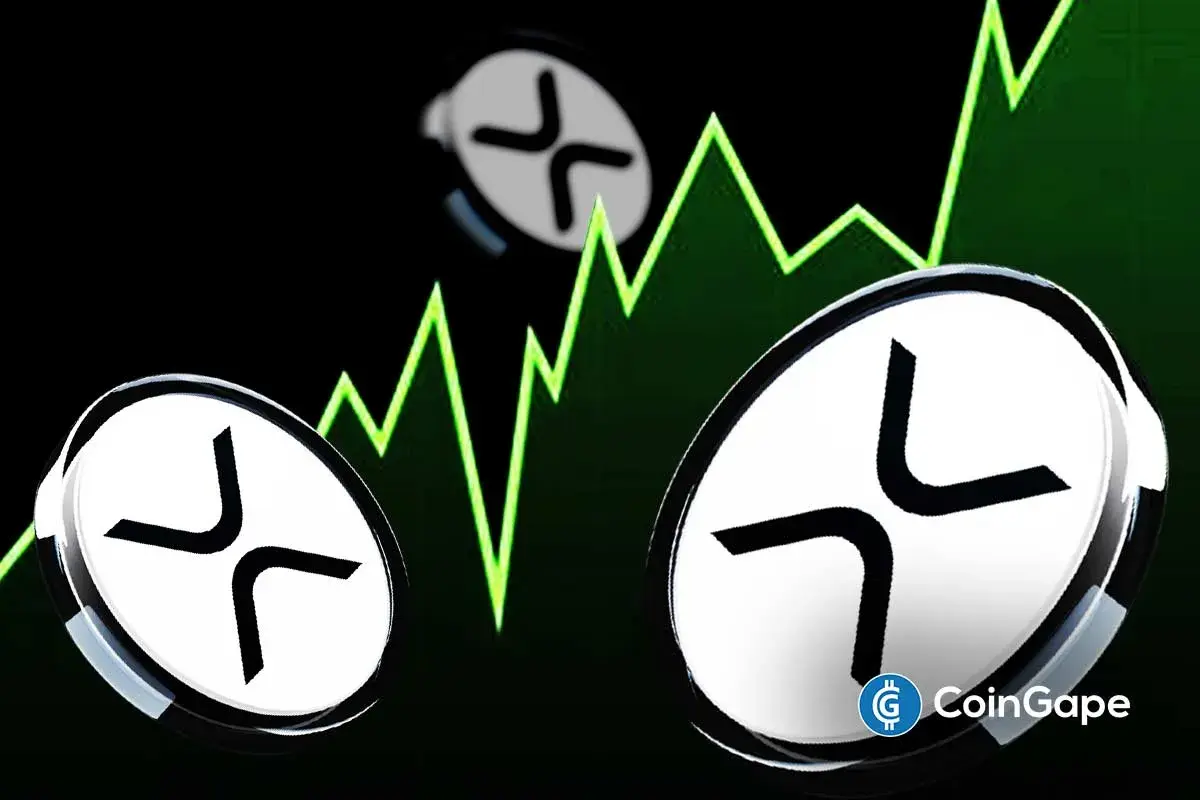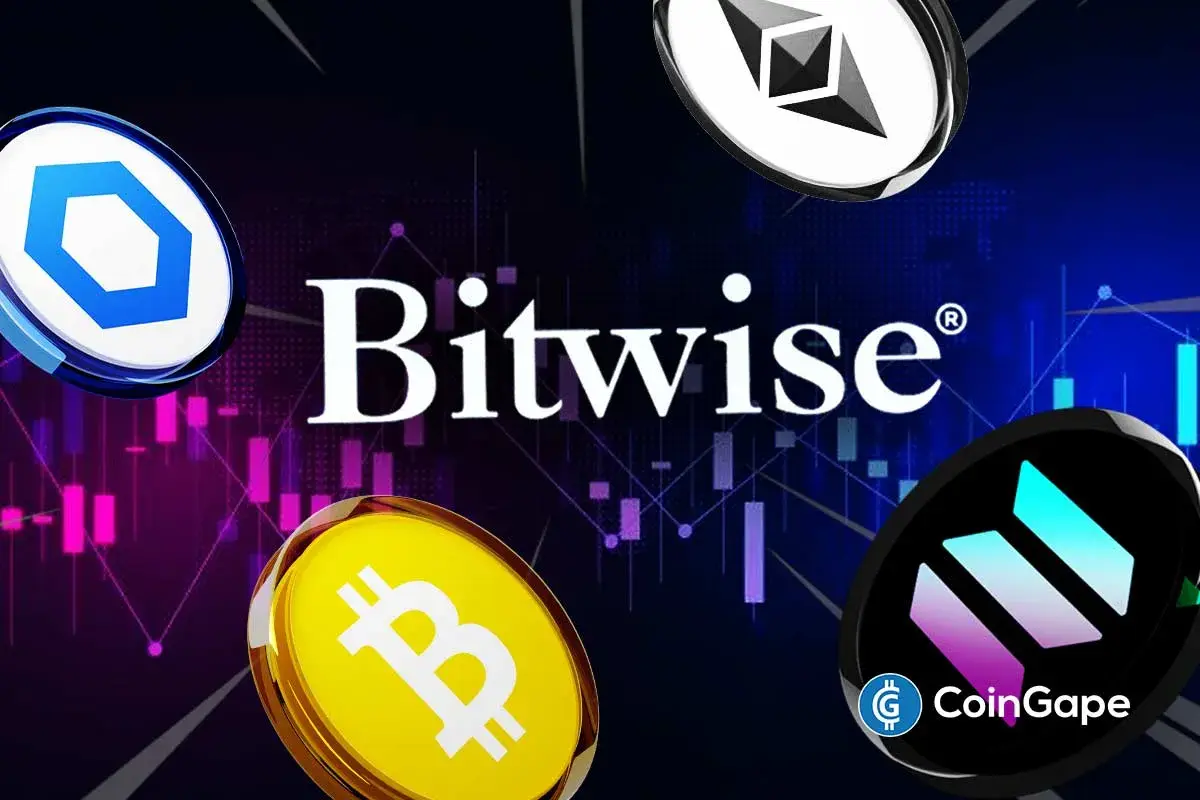British Crypto Exchange Lykke Halts Amid $22M Suspected Hack

Highlights
- Lykke halts trading after a $22M hack, triggering significant crypto community disruptions.
- Ether from Lykke hack quickly converted to DAI to obscure transaction trail.
- UwU Lend loses $19.3M in minutes, highlighting urgent need for DeFi security enhancements.
UK cryptocurrency exchange Lykke has suspended trading services after $22 million was seemingly stolen in a hack.
This disruption in the crypto community is a cause of concern as to the security measures being implemented in digital currency exchanges.
Crypto Exchange Lykke Halts Amid $22M Suspected Hack
Lykke disclosed “unauthorised access” to its platform, which came to light through the popular web investigator SomaXBT. This incident led to $22 million in suspicious outflows, according to Taylor Monahan, a MetaMask developer and a crypto defense analyst.
Interestingly, the breach happened only a few days after the initial indications of unauthorized access were noticed, prompting the exchange to suspend all trading activities on the platform.
According to DLNews, the British cryptocurrency exchange Lykke has shut down trading, citing "unauthorized access" to its platform and suspected hacking. MetaMask developer Taylor Monahan said the exchange has suffered a suspicious outflow of $22 million. https://t.co/luoIJjgDXU
— Wu Blockchain (@WuBlockchain) June 10, 2024
The stolen money was also reported to include a huge quantity of Bitcoin, and other Altcoins such as Ether, Litecoins, and Bitcoin Cash among other virtual money as highlighted by onchain data.
After the hack, the stolen Ether was exchanged for DAI stablecoin in an effort to clean the funds through various accounts, a typical approach employed by hackers to launder the money.
Response and Reactions to the Hack
Lykke was quick to respond to the situation as it announced that its platform was under maintenance while at the same time, ensuring its customers that their funds were safe, even though many complained of having empty account balances. In an email sent to clients, Richard Olsen, CEO of Lykke, acknowledged the incident and explained that the company has made every effort to investigate the security breach. To calm the customers, Olsen said,
“Your funds are safe because Lykke is a diversified business that has sufficient capital.”
However, this is not the first time that the cryptocurrency industry has been targeted by hackers. Another crypto exchange, DMM Bitcoin, revealed that it had been hacked and lost $320 million just weeks before, stressing the security issues that plague the digital asset sector.
In addition, only a few hours ago, UwU Lend Protocol, a decentralized finance (DeFi) platform, was also hacked and lost $19.3 million in digital assets stolen within just minutes. These incidents underscore the pressing need for enhanced security measures across digital platforms.
Read Also: Uniswap (UNI) Shoots 6% Amid Major Acquisition Update
- XRP Realized Losses Spike to Highest Level Since 2022, Will Price Rally Again?
- Crypto Market Rises as U.S. and Iran Reach Key Agreement On Nuclear Talks
- Trump Tariffs: U.S. Raises Global Tariff Rate To 15% Following Supreme Court Ruling
- Bitwise CIO Names BTC, ETH, SOL, and LINK as ‘Mount Rushmore’ of Crypto Amid Market Weakness
- Prediction Market News: Kalshi Faces New Lawsuit Amid State Regulatory Crackdown
- Pi Network Price Prediction: How High Can Pi Coin Go?
- Dogecoin Price Prediction Feb 2026: Will DOGE Break $0.20 This month?
- XRP Price Prediction As SBI Introduces Tokenized Bonds With Crypto Rewards
- Ethereum Price Rises After SCOTUS Ruling: Here’s Why a Drop to $1,500 is Possible
- Will Pi Network Price See a Surge After the Mainnet Launch Anniversary?
- Bitcoin and XRP Price Prediction As White House Sets March 1st Deadline to Advance Clarity Act
















